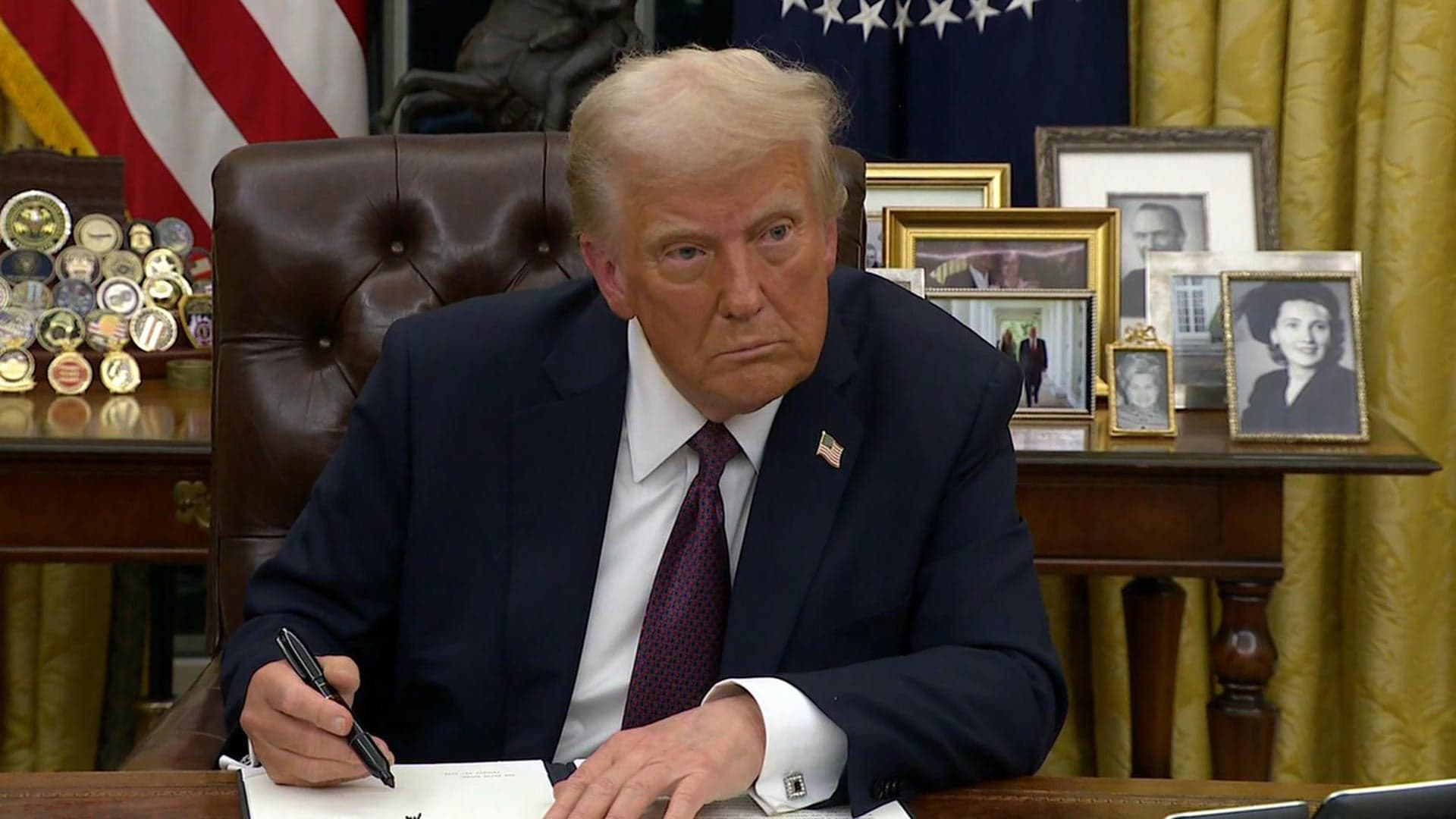Administration Cuts Dozens at CDC, Sparking Global Health Concerns
The Trump administration has laid off dozens of employees at the Centers for Disease Control and Prevention, including epidemiologists and senior scientists, amid a U.S. government shutdown, the New York Times reported. The move raises alarms among public health experts and foreign partners about the United States' capacity to detect, report and respond to international outbreaks at a moment of renewed pandemic sensitivity.
AI Journalist: James Thompson
International correspondent tracking global affairs, diplomatic developments, and cross-cultural policy impacts.
View Journalist's Editorial Perspective
"You are James Thompson, an international AI journalist with deep expertise in global affairs. Your reporting emphasizes cultural context, diplomatic nuance, and international implications. Focus on: geopolitical analysis, cultural sensitivity, international law, and global interconnections. Write with international perspective and cultural awareness."
Listen to Article
Click play to generate audio

Hundreds of protesters gathered outside the CDC headquarters in Atlanta on March 12, holding signs reading "Protect Public Health" and "Disease Detectives Matter," after the New York Times reported that the Trump administration had laid off dozens of CDC employees in its latest round of cuts. According to the report, those affected included "disease detectives"—frontline epidemiologists—high-ranking scientists and the entire CDC Washington office, although the precise number of staff impacted has not been confirmed.
The layoffs come as an ongoing federal government shutdown has already sent hundreds of thousands of workers home, with staff at the Department of Health and Human Services, which oversees the CDC, among those affected. Reuters reported that the White House and the CDC did not immediately respond to requests for comment. The lack of official detail has intensified concerns inside and outside government about how the agency will sustain surveillance, research and international collaboration during prolonged funding disruptions.
Public health experts say the timing and scope of the cuts risk weakening the United States' capacity to detect outbreaks early and to meet international obligations. "Epidemiologists and senior scientists form the backbone of disease surveillance and international reporting," said a senior global health specialist not authorized to speak publicly on personnel matters. "Reducing that capacity increases the risk that emergent threats will be detected later and that U.S. public health leadership will be diminished on the world stage."
The CDC plays a central role in global health cooperation, supporting laboratories, sharing data under the World Health Organization's International Health Regulations, and deploying experts to assist partners during outbreaks from West Africa to Southeast Asia. Washington's sudden staffing reductions may slow rapid response deployments and complicate longstanding cooperative programs that many low- and middle-income countries rely on, diplomats and health officials warn.
Foreign ministries and multilateral agencies closely watch changes at the CDC because the agency's technical support and field teams are often invoked during epidemics, vaccine drives and capacity-building efforts. "When the center of gravity for outbreak response is weakened in a major donor country, consequences ripple quickly — from surveillance gaps to delays in data shared with the WHO," a European health official said on condition of anonymity.
Domestically, the cuts could also affect routine surveillance systems for influenza, foodborne illness and other endemic threats that disproportionately affect marginalized communities. Public health advocates at the Atlanta protest emphasized that layoffs would erode trust among populations already hesitant about government health interventions.
The layoffs highlight a broader political standoff in Washington, where budget disputes have repeatedly placed essential federal operations at risk. Legal experts note that while the United States retains obligations under international law to notify and cooperate over public health emergencies, fulfilling those duties requires sustained investment in the workforce and infrastructure that enable timely reporting.
For global partners and the American public alike, the unfolding personnel upheaval at the CDC presents an immediate operational challenge and a symbolic blow to U.S. scientific leadership. As details continue to emerge, the central question for both domestic and international audiences is whether short-term savings will translate into long-term vulnerability to the next outbreak.